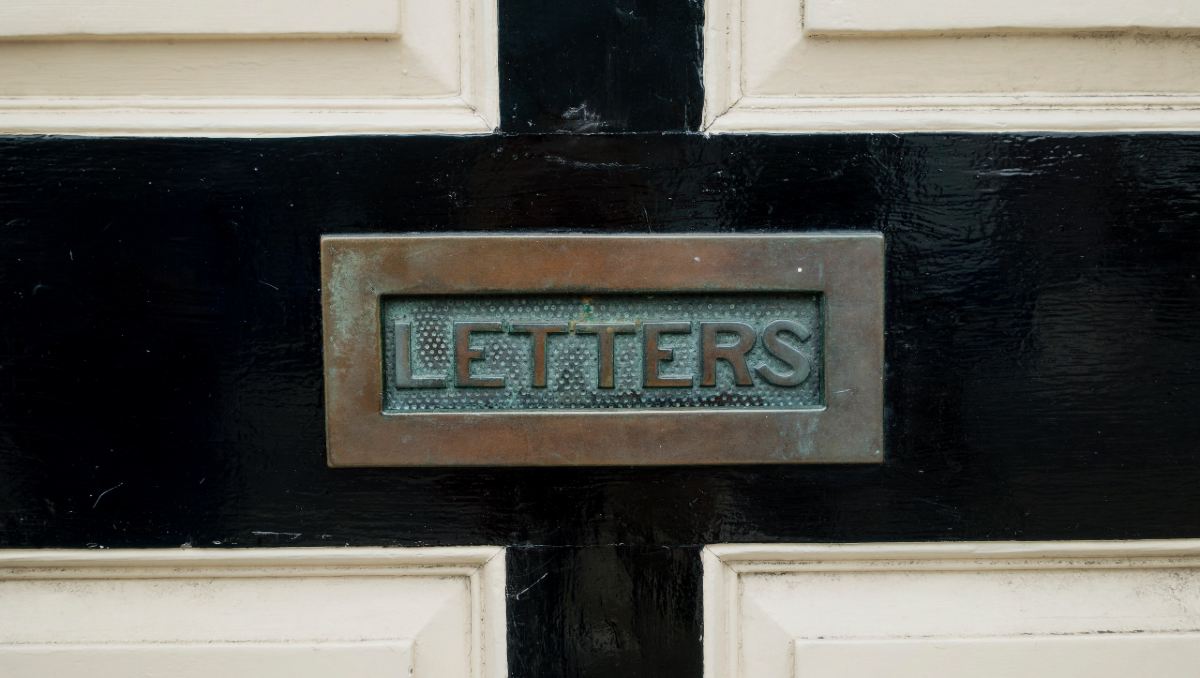
Are open letters by scientists worth the paper they’re written on?
Stanford epidemiologist John P.A. Ioannides says no.
In late September a number of scientists wrote an open letter to the chief medical officers in the UK urging them to stay the course in suppressing the coronavirus across the whole population and not to rely upon herd immunity. A few days later this was followed by an open letter to Prime Minister Boris Johnson from a different group of scientists urging him not to impose a second lockdown.
Enough already! with these Covid-19 open letters, writes renowned Stanford epidemiologist John P.A. Ioannidis in a BMJ blog. “Debating ethical and social issues is the right of every citizen, including scientists,” he writes. “A collateral damage, however, is when these documents are aimed to prove or disprove scientific positions.”
Scientific positions are debated on social media, where they are distorted and misrepresented:
most importantly, petitions cannot and should not be used as a means to prove that the positions of the signatories are scientifically correct. As it has been previously observed, this is a fallacy, an argumentum ad populum, implying that the larger the number of scientists who sign, the more valid their scientific positions are. Vote counting is a faulty method of scientific inference. Science is replete [with] situations where vehement majorities have held wrong beliefs.
He gives seven reasons why he believes that open letters are a bad idea and concludes: “Scientific truth is not an issue of zealotry and is not decided by the bulk of signatories.”
Michael Cook is editor of BioEdge
Creative commons
https://www.bioedge.org/images/2008images/letter_box_1.jpg
consensus
- How long can you put off seeing the doctor because of lockdowns? - December 3, 2021
- House of Lords debates assisted suicide—again - October 28, 2021
- Spanish government tries to restrict conscientious objection - October 28, 2021
